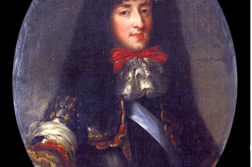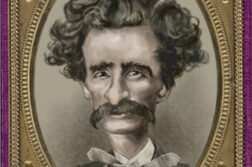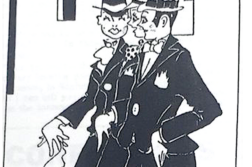OSCAR WILDE characterized gay love as that “great affection … such as Plato made the very basis of his philosophy. … It is that deep, spiritual affection that is as pure as it is perfect. It dictates and pervades great works of art like those of Shakespeare and Michelangelo. … It is in this century misunderstood, so much misunderstood that it may be described as ‘Love that dare not speak its name.’” The particular meaning that Wilde credited to gay love in this famous speech may have been expedient—he was on the witness stand, accused of sordid acts of debauchery—but (call me sentimental) I can never read this speech without feeling that this was not a cynical ruse by a brilliant rhetorician but a spontaneous surge of eloquence de profundis. His trial was about the meaning of homosexuality, and whose meaning would prevail.
What is the meaning of homosexuality?
Philip Lance, PhD, is a psychotherapist and the executive director of a nonprofit community development corporation in Los Angeles.






